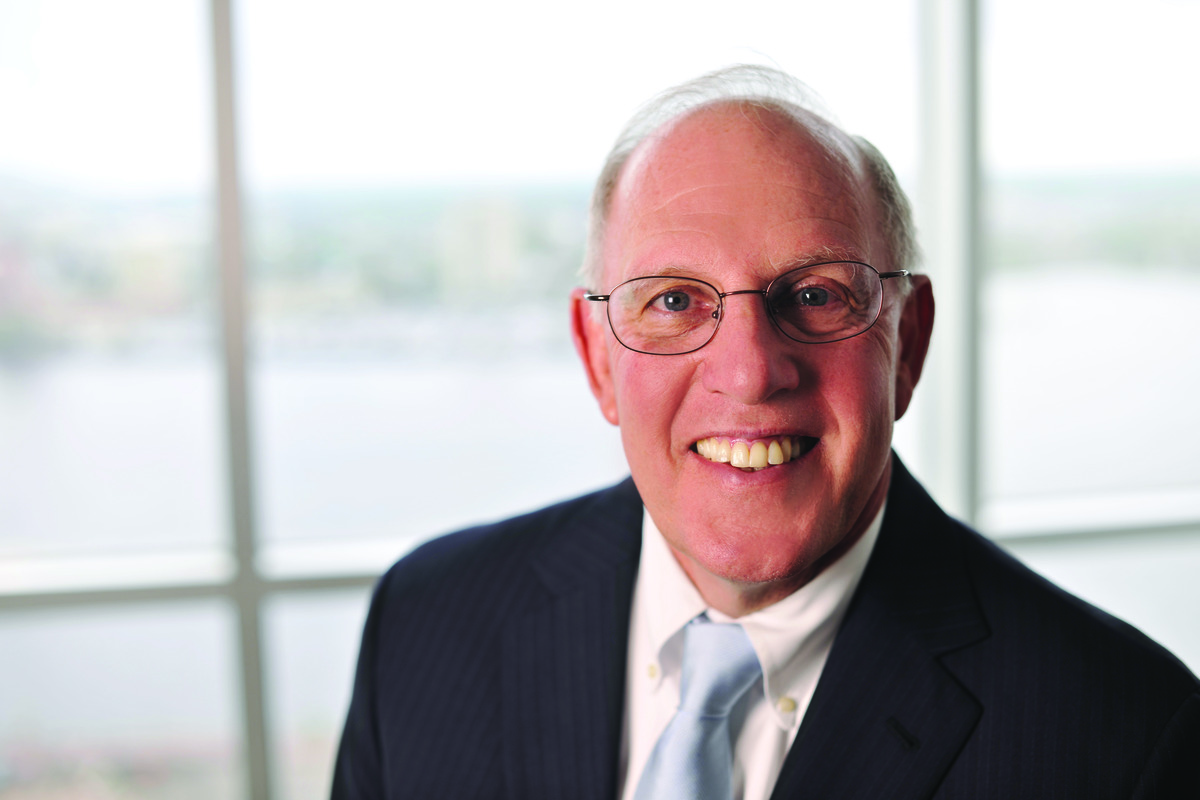Robert C. Goodman, Jr., an attorney at Kaufman & Canoles, has practiced law for more than 50 years. His knowledge and expertise cover an array of subjects, including the complexity of estate planning and charitable giving.
When consulting with clients about wills, trusts, and estates, Goodman takes time to consider multiple aspects of their lives. “It takes a lot of thinking, walking through what makes sense for each family,” he explains. He says he likes to touch base with clients every five years to potentially update an estate after changes in one’s life or family. “The focus is different with young children vs. older children.”
One benefit of a lifetime revocable trust is that a court does not oversee the estate, and, therefore, there is privacy and no cost of probate. The only time to probate a will, Goodman suggests, is when there should be a record for historical purposes. Goodman cites as an example a client who had papers dating back to the Civil War era that had been handed down through generations of the family. Goodman saw that these assets became public record.
When clients have significant financial wealth, over-funding the kids may not be a good idea, according to Goodman. After taking care of health and education and such additional amount as the client thinks appropriate, he recommends considering a donor-advised fund, leaving the family a charitable instrument. Money from the estate and retirement accounts can be moved into the fund, tax-free. “Don’t deprive your children of the pleasure of their own success. Every generation needs achievement and accomplishment,” he says. He offers an example where an estate may be rightfully subsidizing an heir who has a lower-paying job or raising a family, but the donor-advised fund also gives this child the financial ability to join a board as a fully participating member.
Goodman considers a multi-generational donor-advised fund as a gift to children and future generations. It doesn’t diminish their work ethic. “The donor adviser can sponsor the ball, but they still need to buy their own dress clothes.”
Goodman continues the discussion of charitable giving, adding the concept of break-through philanthropy. When a family has larger wealth, is there an opportunity where a gift can make a significant difference? One client was uncomfortable when asked to donate $1.5 million to jump-start a new initiative. The client resisted until Goodman suggested an annual gift of $75,000 instead, which the client found easy to embrace. During her lifetime, she was able to see the impact of her annual giving and opted to leave a much larger donation at her death.
“Estate planning can include investing in something today rather than just waiting until you’re gone,” says Goodman. “Why not see the benefits while living and decide whether to leave more upon death?”

